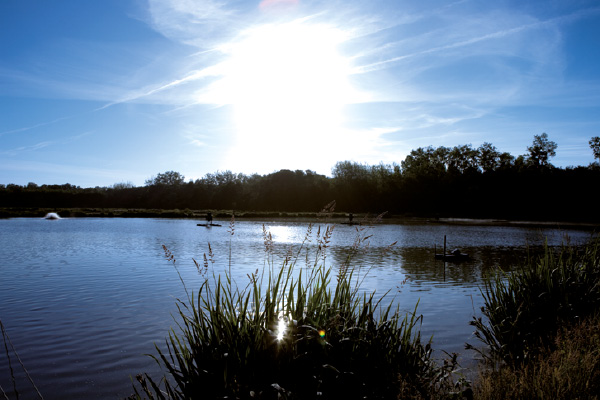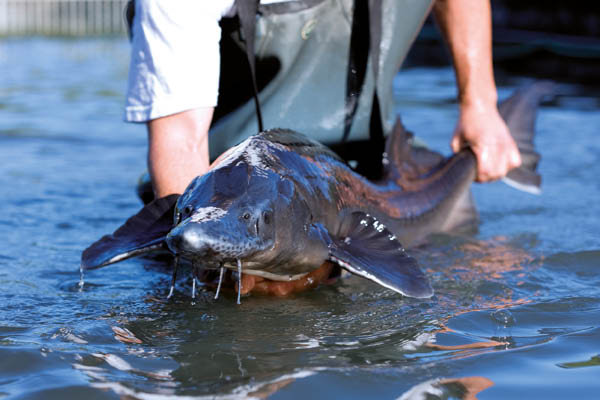Let's Celebrate Earth Day

Today is Earth Day and we would like to invite everyone to take a moment to appreciate the beauty of Planet Earth and think about how we can protect our precious planet and its resources…those magnificent prawns, beautiful cocoa trees, gorgeous strawberries, and friendly cows.
SUSTAINABILITY AT CLASSIC FINE FOODS
Selecting our Partners
We select the best from around the world so it is no surprise that we work with partners who have a sustainable approach. When we select a partner or a product, we pay particular attention to how the product has been created and which production methods have been chosen. We want to work with artisans instead of industrialists, those who take their time to produce and those who choose extensive production methods which respect animals and the environment. From cocoa producers in the Dominican Republic to Scottish fishermen and French cheesemakers, all these artisans share a passion for their products and handle the raw materials with care and attention.
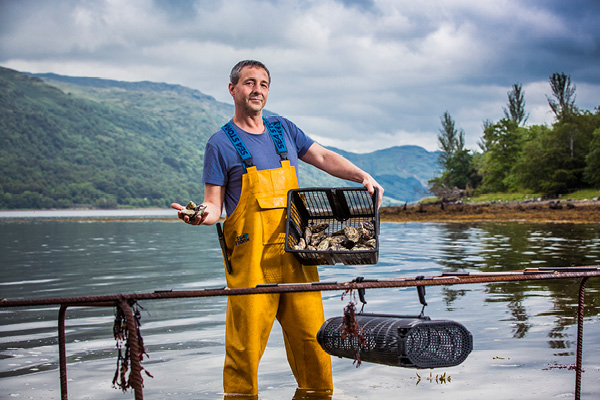
Local sourcing, Organic products and Alternative proteins
We can see that our portfolio is now filling up with more and more local partners. For example, Classic Fine Foods Vietnam has recently broadened its vegetable range with Uncle 8 Farmer, a local supplier and is now offering local salt with Bac Lieu Brand. Classic Fine Foods Vietnam has been focusing on the development of local brands for more than 4 Years and Vietnam is a perfect country for nurturing the growth of sustainable solutions. Antoine de la Mardiere, National Sales Director CFF VN says “CFF VN has been the leader in Vietnam for 15 years. We need to lead by example for the market. Moving to local sourcing will benefit the environment and will prepare the main producers of tomorrow. There are three main criterions when a local producer is chosen - proximity, innovative and eco-friendly. Many factors are pushing Vietnam to become greener; we must be part of it”. Organic products are also more and more present in our product portfolio today.
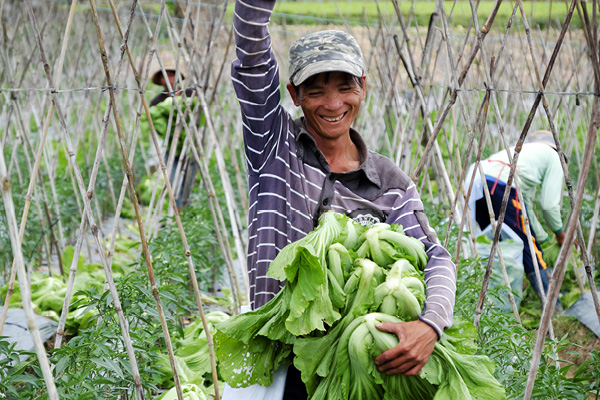
Since the launch of Impossible in 2019, CFF Singapore has been an active participant in the development of the Singapore and Asia Food Tech Ecosystem. They are a regular advisor in the Big Idea Ventures Accelerator Program and assists many start-ups in their go-to-market strategies, culinary creations and distribution capabilities. Collaborations include the launch of two Singapore-based start-ups: Eat Karana, Asia’s first whole-plant meat alternative, and TiNDLE, the plant-based chicken brand which made its debut in March 2021. Karen Tay, GM of CFF Singapore is the global Alternative Proteins lead for the Group. Supported by a strong team, Karen’s constant research into great Alternative Proteins paired with active participation in the eco-system has made Karen and CFF a significant and recognized player, a company to look for when those topics pop up. Our presence in alternative proteins is growing in all our markets and we have launched 7 new brands in the past 12 months including Fable, Good Catch and Saba.
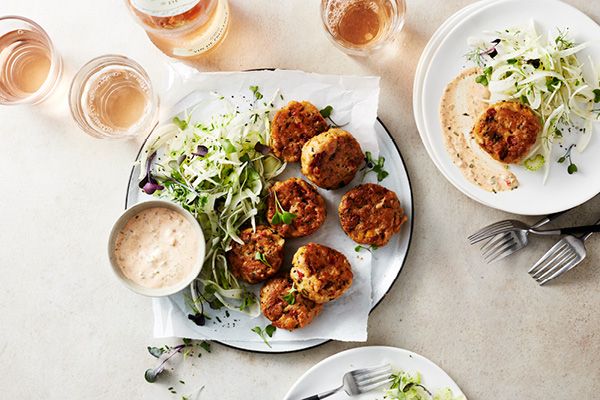
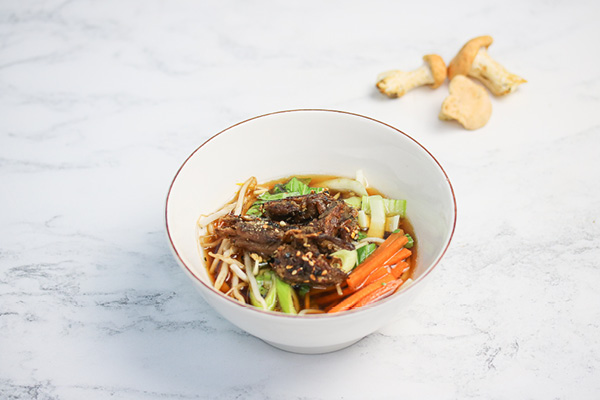
Packaging & Gaz emissions
Our countries are implementing local initiatives to reduce our impact on the environment. For example, Classic Fine Foods Singapore has tackled a very important area of sustainability: packaging. Since January 2020, they have started to use a 100% recyclable carton boxes for all their food deliveries. In Malaysia, Classic Fine Foods is currently using bio-degradable plastic bags in the day-to-day operation to ensure a greener earth and also to reduce carbon footprint. Classic Fine Foods UK uses PODFather to plan routes, track vehicles and notify customers. This has minimised empty running (thus cutting emissions) and eradicate paper.
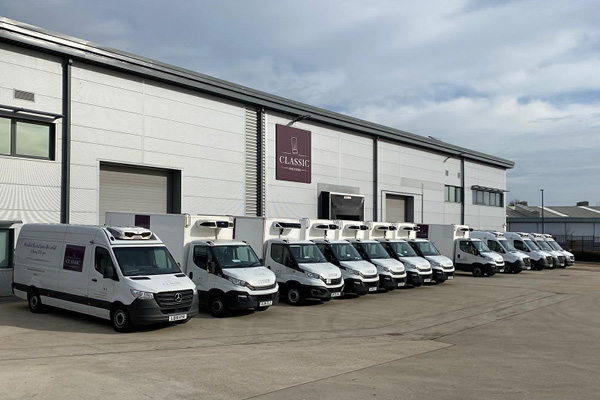
Food Waste
Food Waste is a major focus for Classic Fine Foods. At Classic Fine Foods UK, surplus food are distributed to staff and The Felix Project, a London charity fighting hunger and food waste by delivering to charities and schools to provide healthy meals. Classic Fine Foods Singapore has implemented the “Natural Falls” project, with Shangri-La. It consists in importing the full cow carcass for Shangri-La which agrees in purchase the whole animal avoiding any wastage. Every part will be use in the several hotel’s restaurants proclaiming a zero wastage policy.
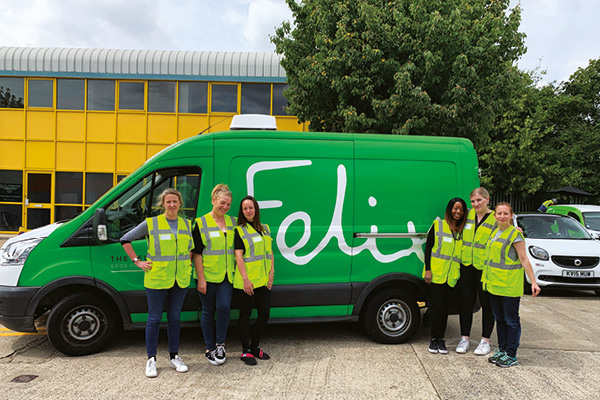
MEET SOME OF OUR PARTNERS
Comatec & PLANETSCORE©: the first ever tool actually on the packaging to rate sustainability
Fully aware of its social and environmental responsibilities, Comatec has been integrating Sustainable Development into its company strategy since its creation in 1994. The Comatec approach to Sustainable Development is based on three key challenges: French local production, eco-design and social responsibility. French local Production: 90% of Comatec products are designed and manufactured in France with rigorous quality control, unrivalled reactivity and a reduced carbon footprint. By maintaining its production in France Comatec supports its local partners and acts as a driving force in its economic environment.
Eco-Design: Comatec makes a point of developing, reusable, recyclable, biodegradable or compostable products with a view to limiting their environmental impact throughout their life cycle, from the design process through to the end of their lives.
Social Responsibility: Comatec is involved in the social and human challenges of our time. First by taking care of its team’s well-being in the workplace. But also, by supporting the integration of physically challenged members of the workforce over the last 20 years.
Comatec has developed PLANETSCORE©, the first ever tool printed on the packaging to rate the sustainability of their products and raw materials. It’s presented as a logo giving clear information on the environmental impact of the product thanks to a 5-letter scale rating (A, B, C, D, and E) based on ten clear criteria regarding a sustainable approach to the environment. The 10 criteria are: Method of extraction or cultivation, process and place of production, recyclability, compostability, reusability, carbon footprint, increased waste treatment, availability of the recycling sector, Quality management and social impact.
It is a new gold standard for foodservice professionals who are concerned about having eco-responsible packaging and whose choices are driven by concrete sustainable commitment. This tool is used by Comatec’s R&D to continue their quest for promising new materials and new production processes.
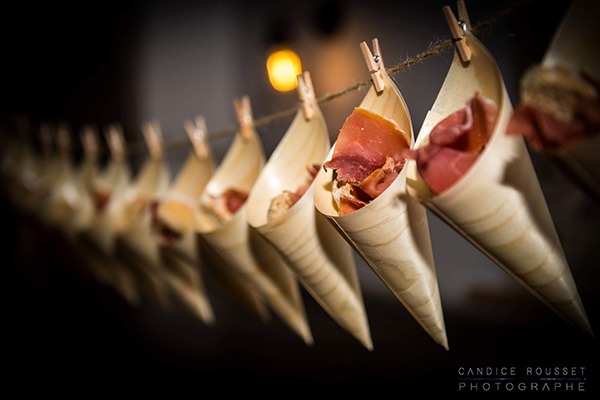
Karana: A revolutionary new third generation meat-alternative
Staking its claim as the new food tech start-up, Singapore-based Karana’s healthy, sustainable food is made for discerning Asian palates. At a time when food safety, security and supply chain issues are more important than ever, Karana’s solutions deliver a revolutionary new third generation meat-alternative that is transparent, minimally processed and made from whole-plants with natural meat-like qualities. Dan, one of Karana’s co-founders explains: “Sustainability has never been more important, especially when it comes to food, and our first base ingredient was carefully chosen with this in mind. Jackfruit is an extremely efficient crop with high yields and low water usage making it friendly to smallholder farmers. It is typically grown intercropped, promoting biodiversity. 60% of jackfruit is currently being wasted, a contributor to global warming, so with Karana we’ll be reducing that wastage, while working with farmers to support the local economy.”
Jackfruit is an incredible biodiverse ingredient that grows abundantly in Asia and is already being used as a natural meat alternative. Ultimately, Karana does things very differently, imagining a revolutionary new way and constantly innovating around biodiverse ingredients found in Asia. By enhancing their naturally meat-like textures and blending them with new food technologies, the result is something authentic, original and delicious – an inspiring new way of eating whole-plant ingredients.
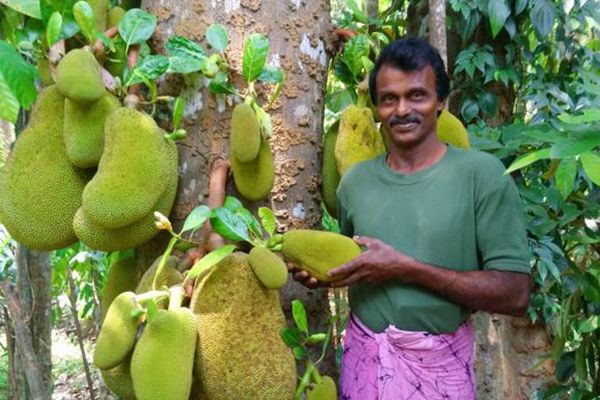
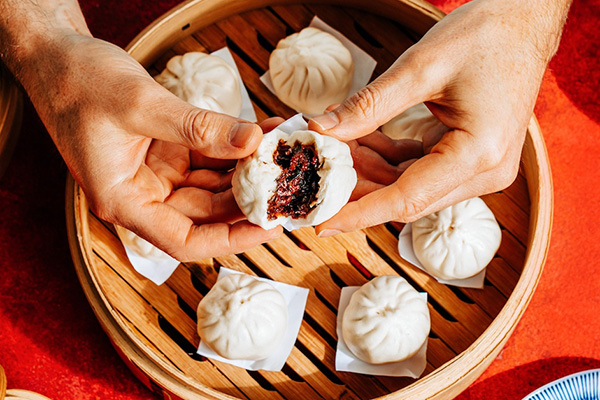
Valrhona: ‘Live Long’ sustainability approach
Valrhona joined B Corp with the aim of creating a fair and sustainable cocoa sector and a world of gastronomy that does environmental good and tastes amazing to boot. This is why they have integrated tackling social and environmental issues into our business strategy, including the fight against global warming and the reduction of our carbon footprint. This certification is a recognition of their sustainable program “Live Long”.
Valrhona work to create a fair and sustainable cocoa sector by building close, mutually beneficial relationships with its 18,208 cocoa producers. They do this by forging long-term partnerships with producers who share their vision and focus on quality and traceability. From the construction of housing and schools, the access to drinking water to the protection of rare cocoa varieties. The projects Valrhona carry out together reflect their commitment. At Valrhona, 100% of their cocoa is traced from their 18,208 producers around the world. This traceability is the basis for creating a fair and sustainable industry. Valrhona also acts to protect the forest and its biodiversity. Tropical farming, including cocoa, is one of the main causes of deforestation and biodiversity loss. Valrhona ensure the conservation of the environmental heritage of producer countries and work with its cocoa-producing partners to promote responsible farming.
Valrhona are also taking action against climate change, their goal is to become carbon neutral from plantation to plate by 2025. They are reducing their environmental impact on two fronts: reducing their carbon footprint and reducing their energy consumption, all while promoting alternative energy sources. Valrhona are proud to say that for the past four years, 100% of their electricity has come from certified purchases of hydroelectric power. Minimizing their environmental footprint also means reducing their water consumption in their industrial activities. In the manufacturing of its chocolates, Valrhona strives to limit its environmental impact, pollution and resource consumption. As a business that uses raw ingredients to make chocolate, Valrhona are making every effort to limit the amount of waste they produce and improve their recycling process.
.jpg?time=1651242286833)
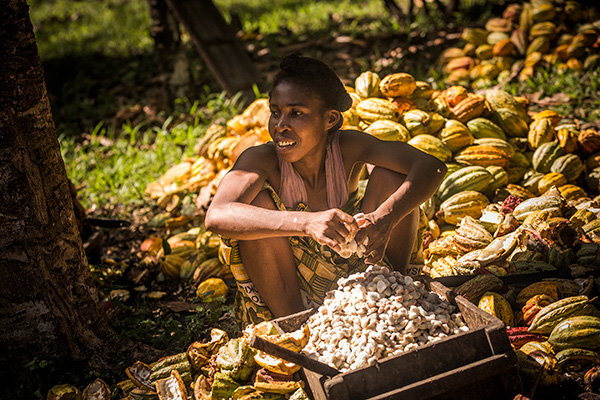
Sturia: Responsible aquaculture practices
As a major player in the caviar production, it was thus natural for Sturia to look for acceptable and sustainable solutions: participation in the reintroduction program of sturgeon in its natural ecosystem, establishment of virtuous and responsible aquaculture practices, reduction in packaging and waste, maximizing the value of the products and co-products. As a farmer and producer, and also selector / refiner, Sturia controls all the upstream and downstream stages: from the breeding to the blending stage and maturation.
These are some of the Sturia’s commitments to sustainability.
Healthy environment: Sturia fish are their wealth and providing a healthy environment to promote their development is a priority and absolute necessity. Sturia’s sturgeons are born and raised in their own hatchery and farms, in Aquitaine (France), thus ensuring complete control and total traceability from the egg to the egg.
Water: Sturia fish farms are directly supplied by naturally healthy water from boreholes, rivers or springs. Water quality, temperature and oxygen level are strictly monitored and realigned accordingly to provide the exact necessary. Discharged water is also checked regularly and complies with environmental standards. Thanks to its intensive real-time monitoring, the farming conditions are always optimal and have less impact on the natural environment.
Care: The preventive steps - especially vaccinating the fishes - have helped considerably to get rid of antibiotics. For their well-being, the fishes are farmed at low densities and find wide spaces in which to develop, feed and evolve peacefully.
Feed: In their natural habitat, sturgeon feed mainly on small worms, shellfish and small molluscs. The farmed sturgeon are fed with granules made of fish and vegetable proteins, minerals and vitamins that meet the nutritional need of fish and that match their natural diet as closely as possible. This fish meal comes from sustainable fisheries managed by quotas and is made exclusively from foodstuffs containing no antibiotics, no growth hormones, no GMOs, no processed animal proteins.
Maximising the value of the sturgeon products: Since sturgeon is not just about caviar, Sturia use every part of the fish. Their research efforts have allowed them to adapt and sign up for an economic model which applies the (almost) total use of the fish: the skin to make fish hide; the flesh; and the cartilage to make glue.
